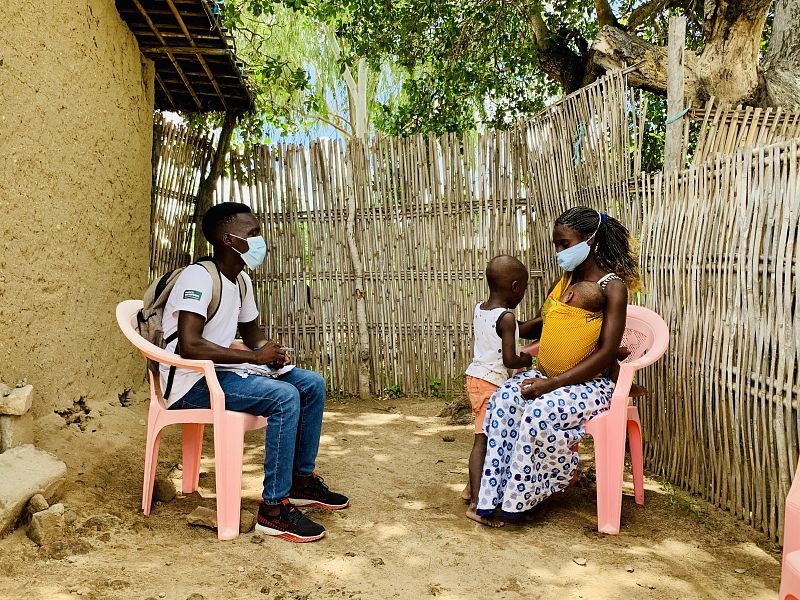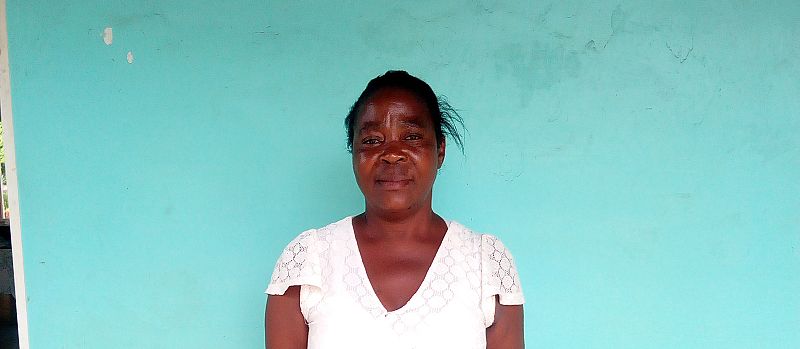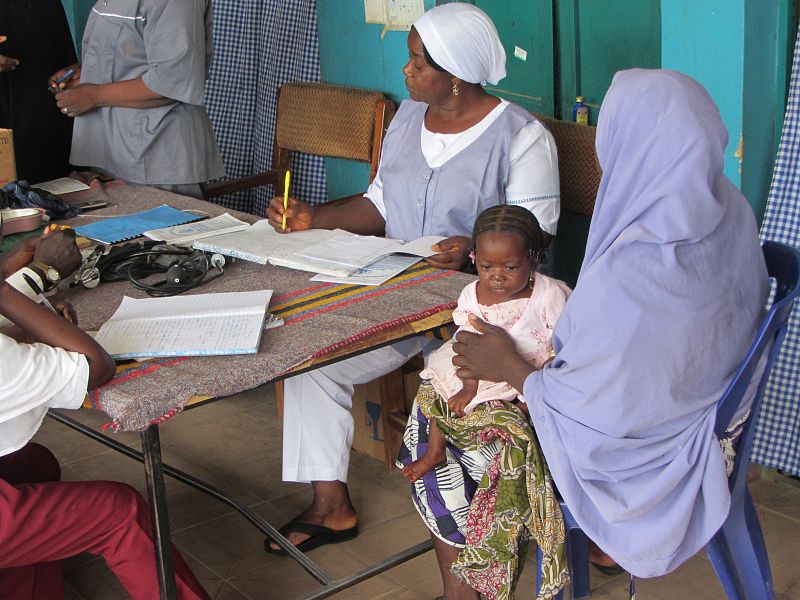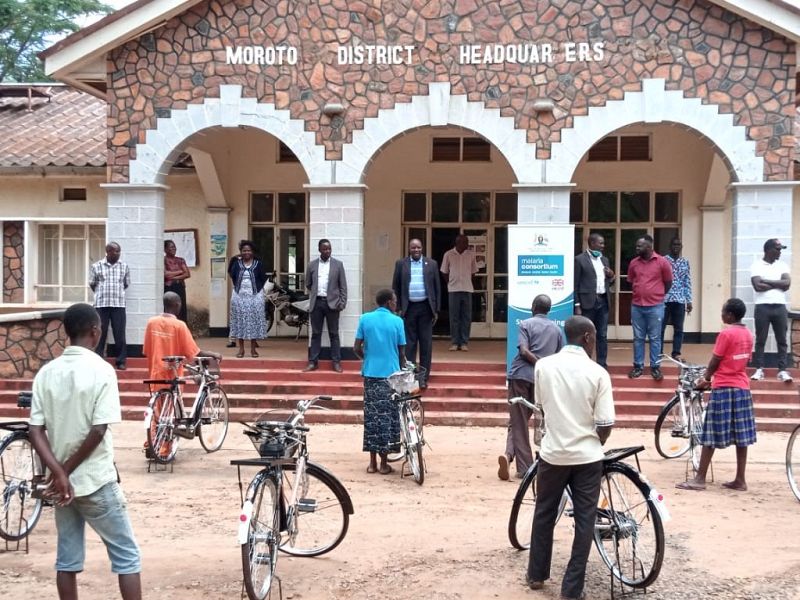Projects Database
Keyword
- ASTMH
- Advocacy
- COVID-19
- Capacity development
- Case management
- Case study
- Chemoprevention
- Child survival
- Climate
- Community delivery
- Costing and economic impact evaluation
- Data-informed decision-making
- Diagnosis
- Digital health
- Elimination
- Evidence generation
- Gender
- Genetic modification
- Health financing
- Health system strengthening
- Learning
- Logistics
- MNCH
- Malaria in pregnancy
- Monitoring and evaluation
- PMC
- Philanthropy
- Policy development
- Private sector
- Quality improvement
- Research
- Resistance management
- SBC
- SDGs
- SMC
- Scaled implementation
- Scholarships
- Surveillance
- Treatment
- Universal health coverage
- Urbanisation
- Vaccines
- Vector control
- Webinars
- iCCM
Diseases
Country
Donor
- 5% Initiative
- Bayer
- Bill & Melinda Gates Foundation
- Centers for Disease Control and Prevention (CDC)
- Comic Relief
- Department for International Development (DFID) / UKaid
- Deutsche Gesellschaft f�r Internationale Zusammenarbeit (GIZ) GmbH
- Deutsche Gesellschaft für Internationale Zusammenarbeit (GIZ) GmbH
- Economic and Social Research Council
- Eleanor Crook Foundation
- Expertise France
- Fight AIDS, Tuberculosis and Malaria, via UNICEF
- Foreign, Commonwealth & Development Office (FCDO)
- GiveWell
- Global Fund to Fight Aids, TB and Malaria
- Good Ventures
- Grand Challenges Canada
- Health Pooled Fund South Sudan
- IrishAid
- ISGLOBAL (Barcelona Institute for Global Health)
- James Percy Foundation
- KOICA Korean International Cooperation Agency
- Malaria Consortium US
- National Institute for Health and Care Research
- Office for the Coordination of Humanitarian Affairs (OCHA)
- Philanthropic funding; Global Fund; DFID
- Planet Wheeler Foundation
- President's Malaria Initiative (PMI)
- Research Council of Norway
- S C Johnson ? Son, Inc.
- The Against Malaria Foundation
- The Liverpool School of Tropical Medicine Filarial Programme Support Unit (FPSU)
- The Philips Foundation
- The Regents of the University of California
- UK Research and Innovation
- UNICEF
- UNITAID
- United Nations Development Program (UNDP)
- UNOPS
- US Centers for Disease Control and Prevention
- USAID
- USAID / President's Malaria Initiative (PMI)
- Vitol Foundation
- World Health Organization (WHO)
Unicef
Community Health Workers (CHWs), known as Agentes Polivalentes Elementares (APEs) in Mozambique are essential and critical to deliver clinical and outreach services to remote communities in low- and middle-income countries…
Learn moreThrough the UNICEF funded project, Malaria Consortium will be supporting the project to strengthen the Ebola Virus (Sudan strain) outbreak in Mubende and Kasanda. The outbreak response includes Malaria Mass…
Learn moreInadequate operational funding to implement the COVID-19 vaccine programme has been a key barrier to full vaccination in South Sudan. Rising conflict and flooding have also severely hampered access to…
Learn moreThe objective of the CERHSP project is to deliver low cost, high impact essential health services to about 1.8 million of the total population living in the former Upper Nile…
Learn moreStrengthening Uganda's response to malaria in 16 districts in Northern and Eastern Uganda
Learn moreImproving disease surveillance and community-based maternal and child healthcare
Learn moreThe ARIDA project aims to introduce automated respiratory rate counting aids for use by frontline health care workers in resource limited community settings and health facilities. These respiratory rate counting…
Learn moreIn 2017–2018, the Ugandan Ministry of Health successfully implemented a universal coverage campaign for long lasting insecticidal nets (LLINs), distributing 26.6 million nets throughout the country. The post-distribution monitoring project…
Learn moremHealth system strengthening for improved maternal and child health and disease surveillance in Mozambique
Learn moreIn Mozambique, children under five years are at high risk of deadly diseases and conditions such as malaria, pneumonia and diarrhoea. Despite efforts to increase access for rural populations to…
Learn moreIn Mozambique, children under five years are at high risk of deadly diseases and conditions such as malaria, pneumonia and diarrhoea. Despite efforts to increase access for rural populations to…
Learn moreThe project aims to identify the most accurate, acceptable, scalable and user-friendly respiratory rate timers and pulse oximeters for diagnosis of pneumonia symptoms by community health workers and first line…
Learn moreIn South Sudan, malnutrition rates are chronically at emergency levels, leading to worse health and increased susceptibility to diseases like malaria and other major common childhood killers. Malaria Consortium is…
Learn moreThe ICCM Central Project reduced under five child mortality by supporting the implementation of an effective and replicable community based treatment system for childhood malaria, pneumonia, diarrhea and newborn health…
Learn moreThe project objective was to test if a community based mosquito net distribution system works. The project ensured that mosquito nets are readily available within the community whenever needed.…
Learn moreThe aim of this project was to reduce under-five mortality and morbidity by providing malnourished children with treatment for severe acute malnutrition as well as underlying infectious diseases. It was…
Learn moreShowing 1-18 results of 18



